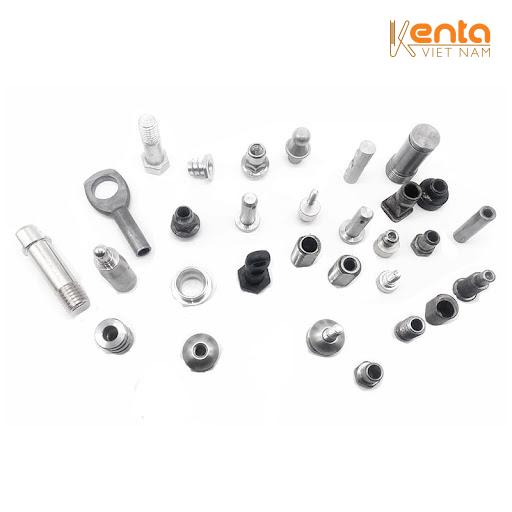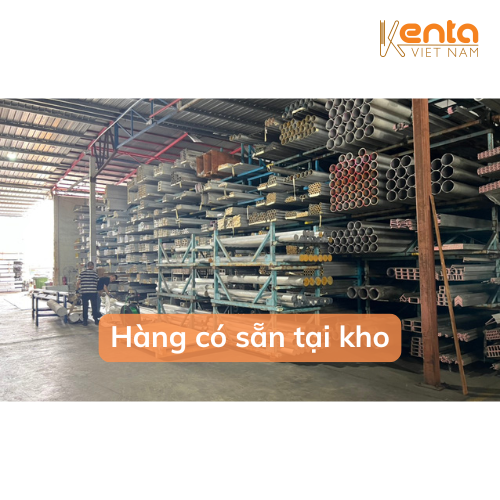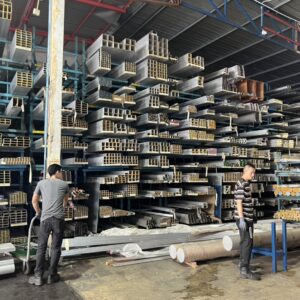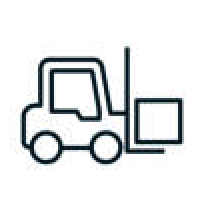Aluminum Forging
Aluminum Forging
Contact
-
Features: Lightweight, durable, corrosion-resistant, good thermal and electrical conductivity, various sizes.
-
Applications: Marine, construction, mechanical engineering, energy, interior.
-
Full VR registration
-
Best price on the market for products of the same quality
Discover Forged Aluminum – Aluminum Forging
Forged aluminum, also known as "aluminum forging," is the process of shaping aluminum by heating and pressing it under high pressure. This process helps to enhance the strength and mechanical properties of aluminum compared to untreated aluminum. Forged aluminum is often used to produce high-strength parts, such as machine components, aerospace parts, and engineering products requiring high precision and durability.
-
Easy to manipulate and cut aluminum products, creating complex shapes
-
Mechanical properties similar to steel, but with a much superior strength-to-weight ratio
-
Ability to achieve various surface finishes
-
Cost-effectiveness
So why choose aluminum? In particular, aluminum alloys are preferred for forging due to:
-
Lightweight properties
-
Significant strength
-
High electrical and thermal conductivity
-
Excellent corrosion resistance
-
Ability to be recycled almost indefinitely without losing their inherent qualities
In the aluminum forging process,aluminum alloys are often selected based on their forgeability, mechanical properties, and corrosion resistance. Below are some common aluminum codes used for this process:
- Aluminum A6061::
- Characteristics: Aluminum alloy 6061 has good machinability, is easy to forge, and has high fatigue resistance.
- Applications: Used in aircraft structures, bicycle frames, and parts requiring high stiffness and strength.
- Aluminum A7075::
- Characteristics: Has the highest stiffness and tensile strength among aluminum alloys, but is slightly more difficult to forge than aluminum 6061.
- Applications: Often used in the aerospace industry, aircraft frames, and parts requiring high stiffness.
- Aluminum A5083::
- Characteristics: Aluminum alloy with excellent corrosion resistance, high strength, and good forgeability.
- Applications: Often used in marine applications, ship structures, and transportation vehicles.
- Aluminum A2014::
- Characteristics: A high-strength aluminum alloy, good load-bearing capacity, and suitable for the forging process.
- Applications: Used in the aerospace, automotive, and parts requiring high load-bearing capacity.
- Aluminum A4032::
- Characteristics: High silicon content, good heat and wear resistance.
- Applications: Suitable for manufacturing pistons, cylinders, and mechanical parts in automotive engines.
These aluminum codes are suitable for the forging process due to their mechanical properties and good corrosion resistance, helping the forged products achieve high performance.
The indispensable role of forged aluminum in modern industries
Applications of forged aluminum:
- Aerospace industry: Aircraft components and high-load-bearing structures.
- Automotive industry: Engine components, chassis parts.
- Manufacturing industry: Machine parts and technical tools.
- Construction industry:High-strength load-bearing structures and construction equipment.
| Thương hiệu |
|---|


























Reviews
There are no reviews yet.